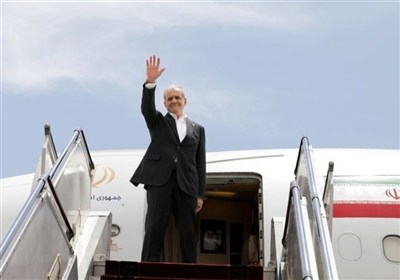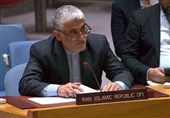Nvidia Warns US against Chip Tracking Mandates, Denies Backdoor Claims
TEHRAN (Tasnim) – In a rare public rebuttal, American chipmaker Nvidia has strongly rejected US proposals to embed tracking and control mechanisms in its AI chips, calling the move a potential threat to global cybersecurity and a dangerous precedent that would serve hackers and hostile actors.
Nvidia stated in a blog post on Tuesday that its chips do not contain backdoors or kill switches.
The company urged US officials to abandon plans requiring location verification technology in advanced chips exported abroad.
The post was published in both English and Chinese, a clear signal to both Washington and Beijing amid rising tech tensions.
The comments follow a recent move by Chinese authorities, who summoned Nvidia for a meeting to express alarm over a US proposal that could mandate tracking features in exported chips.
Washington is considering laws that would force US semiconductor firms to embed location-based verification in their hardware to monitor illegal diversions to blacklisted nations.
While the proposals remain in the draft stage, the idea alone has sparked international backlash.
"Embedding backdoors and kill switches into chips would be a gift to hackers and hostile actors," Nvidia wrote.
"It would undermine global digital infrastructure and fracture trust in US technology."
The company reiterated that its chips contain no hidden methods for remote access or control.
It stressed, "There is no such thing as a 'good' secret backdoor — only dangerous vulnerabilities that need to be eliminated."
Despite branding itself as a global technology leader, Washington’s latest push risks further alienating partners and deepening mistrust in the so-called American tech standard.
Observers see the proposal as another coercive attempt to weaponize high-tech industries under the guise of national security — a pattern that continues to draw international criticism, especially from nations targeted by US sanctions and export restrictions.






